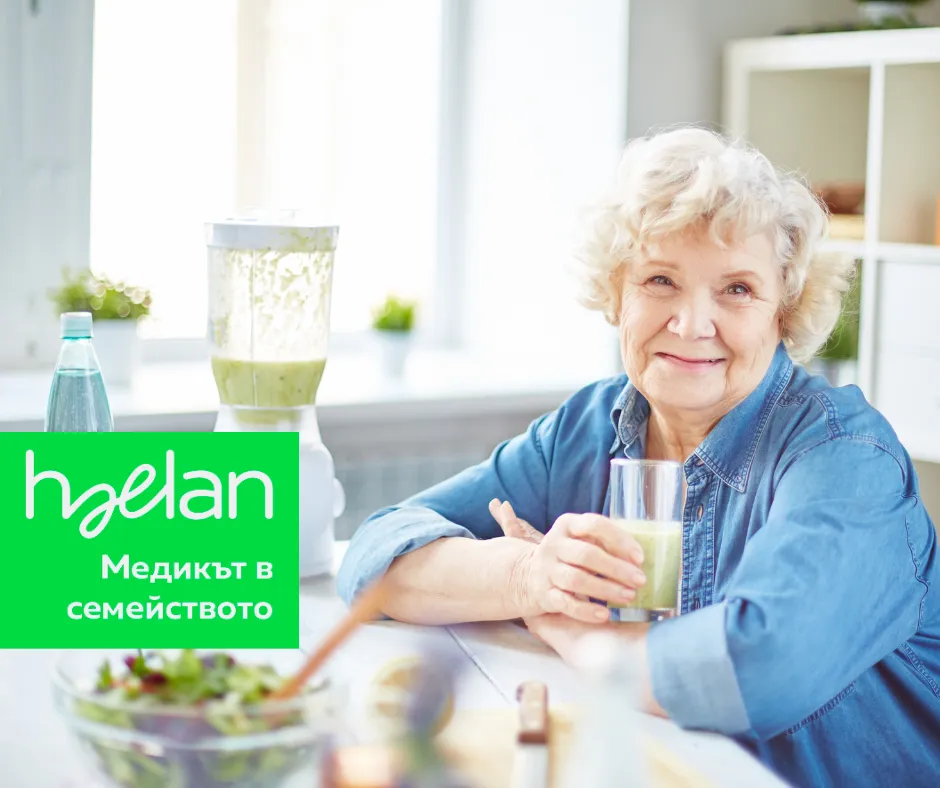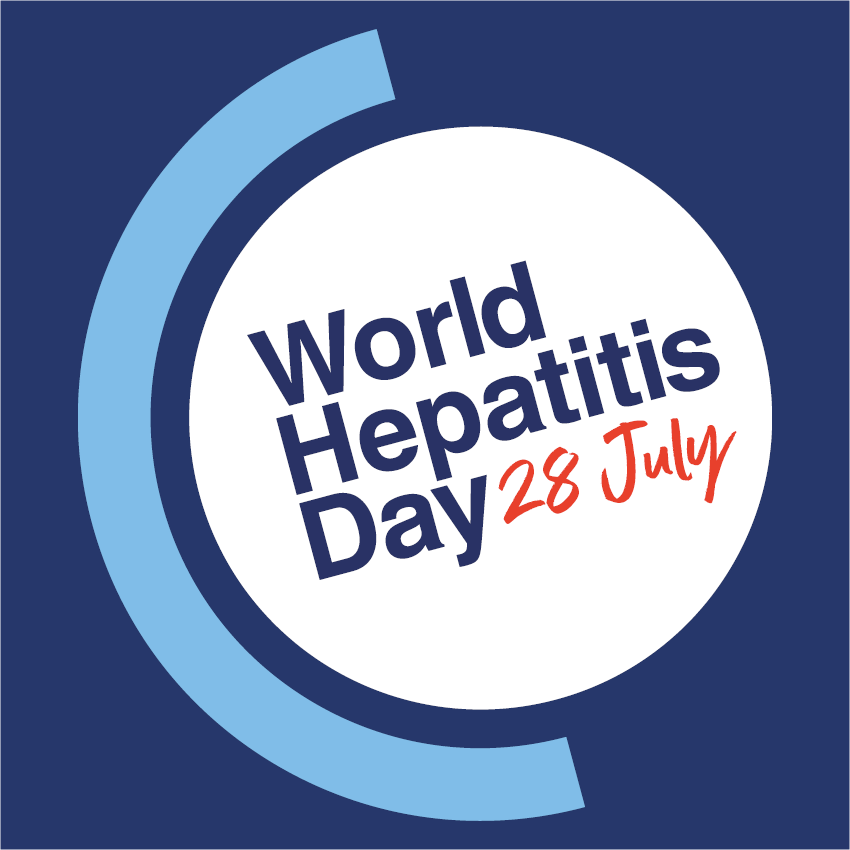Heart and Summer

Trust our specialist cardiologists at Haylan Medical Centers:
With Haylan, you have the opportunity to save yourself the need to go outside in the heat and call a specialist doctor to come to your home at a time convenient for you with medical equipment for the necessary examination and examinations.
To request a visit from our mobile medical team, call 0893 02 02 02 or visit Home medical care | Haylan (haelan.bg).
We are in the midst of the summer season! Higher temperatures and increased humidity in the summer are one of the many challenges our hearts face. Particular attention deserves elderly patients, as well as those with cardiovascular diseases. Here are our tips for a pleasant and worry-free summer:
1. Consultation with a specialist - cardiologist
Before making any changes to their therapy, patients should consult a cardiologist. The doctor may suggest specific treatment changes, such as adjusting medication doses or adding new medications.
2. Regular examinations and examinations
Regular measurement of blood pressure and pulse are key to monitoring the patient's condition. It is recommended that the patient keep a diary, which can also be electronic. Sending indicators electronically would facilitate the doctor in his therapeutic behavior. The doctor may recommend more frequent visits to monitor other indicators important for heart health.
3. Monitoring of symptoms
Patients should carefully monitor for symptoms such as shortness of breath, chest pain, dizziness, excessive tiredness, blackening before the eyes and even momentary, very multiple loss of consciousness, which can become more frequent in hot weather. Any changes or new symptoms should be reported to the doctor immediately.
4. Hydration
Good body hydration is especially important in summer, as dehydration can increase the risk of complications of cardiovascular disease. Patients should drink enough water and avoid excessive consumption of alcohol and caffeine-containing beverages. Some medications, such as diuretics, can increase the risk of dehydration and electrolyte imbalance in the summer. The doctor may adjust the doses of these drugs or recommend alternative therapies.
5. Avoiding excessive physical activity
Patients should avoid physical exertion during the hottest hours of the day. Exercise, housework and other strenuous activities should be done early in the morning or late in the evening when temperatures are lower.
6. Appropriate clothing and sun protection
Wearing light clothing made from breathable fabrics, as well as using hats and sunscreens is important to prevent heat stroke and other sun-related problems.
Patients should be careful and follow the recommendations of their doctors to avoid complications and maintain good cardiovascular health in the summer.
References
1. **AmericanHeart Association**. Managing Heart Disease in the Heat. [heart.org] (https://www.heart.org/en/news/2019/06/19/managing-heart-disease-in-the-heat)
2. **ClevelandClinic**. Heart Health and Heat: Tips to Stay Safe in the Summer. [clevelandclinic.org] (https://health.clevelandclinic.org/heart-health-and-heat-tips-to-stay-safe-in-the-summer/)
3. **MayoClinic**. Heart disease and summer exercise: Keeping cool in hot weather. [mayoclinic.org] (https://www.mayoclinic.org/diseases-conditions/heart-disease/expert-answers/heart-disease/faq-20058360)
4. **National Heart, Lung, and Blood Institute**. How to Protect Your Heart in the Summer Heat. [nhlbi.nih.gov] (https://www.nhlbi.nih.gov/news/2021/how-protect-your-heart-summer-heat)

.webp)

